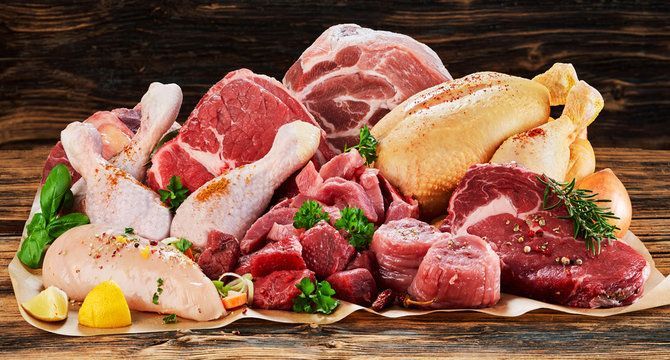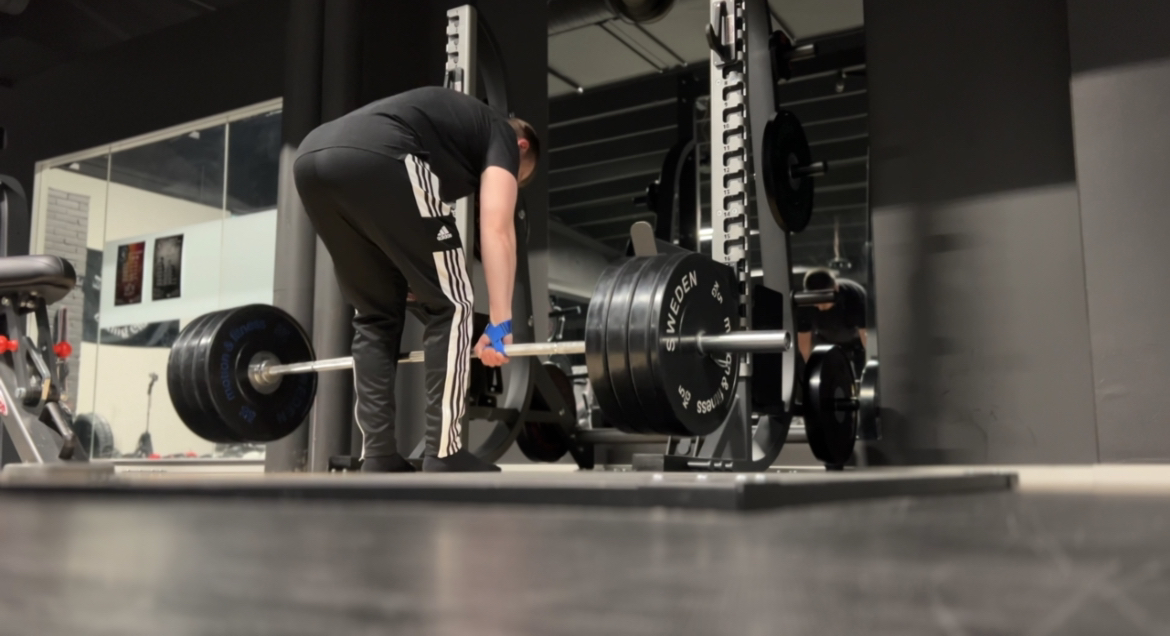Carbohydrates and gym progress
Fueling Your Gains For Optimal Performance
Carbohydrates are often a hot topic in fitness and nutrition discussions. From low-carb diets to carb-loading for endurance sports, it can be confusing to understand their role in strength training and gym progress. However, one thing is clear: carbohydrates play a vital role in fueling workouts, enhancing performance, and aiding recovery, making them essential for those looking to build muscle, improve strength, or increase endurance in the gym.
In this article, we’ll break down the importance of carbohydrates, how they affect your progress in the gym, and the best strategies to optimize your carb intake for strength training, muscle growth, and overall fitness success.
1. The Role of Carbohydrates in the Body
Carbohydrates are the body’s primary source of energy. When consumed, they are broken down into glucose (blood sugar), which is used by the muscles, brain, and other tissues for energy. Any excess glucose is stored in the liver and muscles in the form of glycogen, which acts as an energy reserve during physical activity.
How Carbohydrates Work in the Body:
- Immediate Energy: When you consume carbs, they are quickly digested and turned into glucose, providing the body with fast energy, especially during high-intensity workouts.
- Glycogen Storage: Carbs that aren’t immediately used are stored as glycogen in the muscles and liver. This glycogen is critical for maintaining performance during longer or more intense workouts.
- Preventing Fatigue: Adequate glycogen levels help prevent early fatigue, ensuring that you can lift heavier, perform more reps, and complete longer workouts without feeling sluggish.
2. Carbohydrates and Strength Training
Carbohydrates are particularly important for anaerobic activities, such as strength training, resistance exercises, and high-intensity interval training (HIIT). These types of exercises rely on glycogen as the primary energy source because they require short bursts of effort at a high intensity.
Why Carbohydrates Are Essential for Strength Progress:
- Increased Energy: Carbs provide the energy needed to lift heavier weights, perform more reps, and train at higher intensities, all of which are key factors in muscle growth and strength gains.
- Better Recovery: After strength training, glycogen stores in the muscles are depleted. Consuming carbs post-workout helps replenish these stores, allowing for faster recovery and better performance in subsequent workouts.
- Improved Muscle Protein Synthesis: Carbs play a role in promoting muscle recovery by stimulating insulin release, which helps shuttle amino acids into the muscles for protein synthesis and repair.
Without enough carbohydrates, you might experience low energy levels, fatigue, and poor performance, ultimately hindering your progress in the gym.
3. Carbohydrate Timing for Optimal Gym Performance
In addition to the quantity of carbs, the timing of carb intake can have a significant impact on your gym performance and recovery. Strategic carb consumption around your workouts can help you maximize energy levels, boost strength, and speed up recovery.
Pre-Workout Carbs
Carbs consumed before your workout serve as a direct energy source for your muscles. Eating carbs 1-2 hours before training ensures that your glycogen stores are topped off, giving you the energy needed to perform at your best.
- What to Eat: Opt for easily digestible carbohydrates that won’t upset your stomach during exercise. Good options include oatmeal, bananas, rice cakes, or whole-grain toast.
- How Much: Aim for 30-50 grams of carbs before a workout, depending on your body size and workout intensity.
Post-Workout Carbs
After a hard workout, your muscles are depleted of glycogen, and your body is primed for nutrient absorption. Consuming carbs post-workout helps replenish glycogen stores and kick-start the recovery process.
- What to Eat: Fast-digesting carbs are ideal post-workout, such as fruits (bananas, apples), white rice, potatoes, or a post-workout shake with added carbs like dextrose.
- How Much: Aim for 40-60 grams of carbs within 30-60 minutes post-workout, along with protein to support muscle repair.
Intra-Workout Carbs (Optional)
For longer or more intense training sessions, consuming intra-workout carbs (during your workout) can help maintain energy levels and delay fatigue. Sports drinks, energy gels, or even fruit like oranges are common options.
4. Types of Carbohydrates: Complex vs. Simple
Not all carbohydrates are created equal. Understanding the differences between simple and complex carbs will help you choose the right types for your specific goals and energy needs.
Simple Carbohydrates
Simple carbs are quickly digested and provide a rapid source of energy. They include sugars found in foods like fruits, honey, and refined products (e.g., candy, sugary drinks).
- Best for: Pre- and post-workout nutrition, when fast energy or quick glycogen replenishment is needed.
- Examples: Bananas, white bread, fruit juices, sports drinks.
Complex Carbohydrates
Complex carbs are digested more slowly, providing a steady release of energy over time. They are found in whole grains, legumes, vegetables, and starchy foods like sweet potatoes.
- Best for: General daily energy needs, long-term glycogen replenishment, and maintaining stable blood sugar levels.
- Examples: Oats, brown rice, quinoa, whole-grain bread, beans, sweet potatoes.
In general, a balanced diet should prioritize complex carbs for sustained energy throughout the day, while using simple carbs around your workouts for quick energy and recovery.
5. How Many Carbs Do You Need for Gym Progress?
The optimal amount of carbohydrates needed will vary depending on factors such as your body size, activity level, and fitness goals. However, general guidelines can help you determine how many carbs you should be consuming for strength training and gym progress.
General Carbohydrate Recommendations:
- Sedentary Individuals: 3-4 grams of carbs per kilogram of body weight per day.
- Moderate Activity (Strength Training 3-5x per week): 5-6 grams of carbs per kilogram of body weight per day.
- High Activity (Intense Training 5+ days per week): 7-8 grams of carbs per kilogram of body weight per day.
Adjusting Carbs for Specific Goals:
- Bulking (Muscle Gain): When trying to build muscle, higher carbohydrate intake is beneficial as it provides the energy required for intense lifting sessions and promotes glycogen storage, which enhances muscle recovery and growth.
- Cutting (Fat Loss): If your goal is fat loss, you may reduce carbs slightly but should still consume enough to fuel your workouts. Low-carb diets often lead to fatigue and hinder performance in the gym, so balance is key.
6. Carbohydrates and Muscle Building
For those aiming to build muscle, carbs are just as important as protein. Carbs not only fuel your workouts, allowing you to lift heavier and for longer, but they also promote an anabolic environment for muscle growth by boosting insulin levels, which helps with muscle repair and growth.
How Carbs Support Muscle Growth:
- Glycogen Storage: Muscles that are fully loaded with glycogen appear fuller and perform better during workouts, which helps you progress in strength and hypertrophy training.
- Spares Protein: When adequate carbs are consumed, your body is less likely to break down protein for energy, meaning more protein can be used for muscle repair and growth.
- Improved Recovery: Post-workout carbs help to rapidly replenish glycogen and provide the energy needed for muscle repair and growth, reducing muscle soreness and improving performance in subsequent workouts.
7. Common Myths About Carbohydrates
There are several misconceptions surrounding carbohydrates, especially in the context of fitness. Let’s debunk a few common myths:
- Myth 1: Carbs make you gain fat. The truth is that consuming more calories than your body needs, regardless of whether they come from carbs, fats, or proteins, will lead to fat gain. Carbs themselves don’t inherently cause fat gain if consumed within your calorie needs.
- Myth 2: Low-carb diets are best for performance. While low-carb diets may help some people lose fat, they are generally not ideal for high-intensity training. Carbs are the body’s preferred fuel for exercise, and low-carb diets can lead to decreased energy, fatigue, and poor gym performance.
- Myth 3: Simple carbs should be avoided. Simple carbs have a place in pre- and post-workout nutrition. When consumed strategically, they can help improve performance and speed up recovery.
Conclusion
Carbohydrates are an essential component of any strength training or gym progress plan. They provide the energy necessary for intense workouts, promote muscle recovery and growth, and help prevent fatigue during training. By consuming the right types and amounts of carbs at the right times, you can optimize your gym performance, build muscle, and achieve your fitness goals.
To maximize your progress, focus on eating a balanced diet that includes complex carbohydrates for sustained energy throughout the day, and simple carbs for quick energy before and after your workouts. By properly fueling your body with the carbs it needs, you’ll be well on your way to crushing your gym











